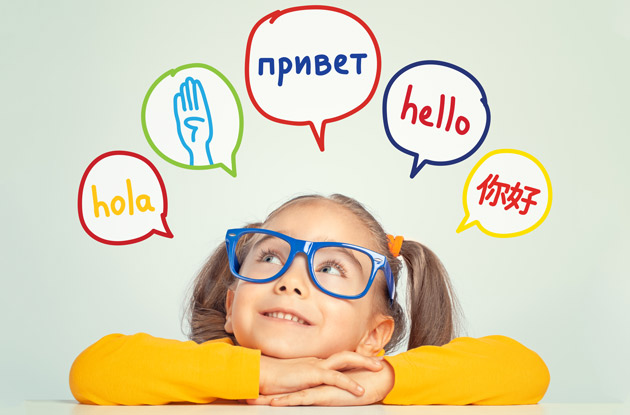Senior Seminar Capstone: Second Language Acquisition
I was raised singing Ringe Ringe Jaja instead of Ring Around the Rosey and reading Crvenkapica instead of Little Red Riding Hood. By the age of 3 I was put in Nursery School where I really started to learn English. Growing up in New York it’s not unusual at all for English to be your second language- I was one in a sea of hyphenated American identities and just another bilingual student in a growing bilingual education system. Growing up bilingual is both a blessing, but in 2004 it was a curse for me. By the time I was moving on from nursery school, teachers began to talk to my parents after class saying “You have to stop speaking Bosnian at home, or she’ll never learn English” and my parents, so devoted to seeing me succeed in a society that actively wants to see us fail, did just that. In 2005, when we went back to Bosnia for the summer, I spent 3 days in silence. I had forgotten how to speak to my friends, my family, in the language that was my first. It crushed me, and I told my mom she was never allowed to do that to me again.

My deep passion for ESL education starts there. During my time at Wheaton, I had the opportunity of working in many different classrooms, with students of all ages and subjects of all kinds- but one experience particularly sticks out- my time at Jeremiah E. Burke High School working in several ESL classrooms. Seeing the difference in what their ESL education looked like- so closely linked to their native language and culture- I was inspired and enthused. I began to study this deeply, how to turn ESL classrooms into the most productive and culturally responsive spaces that they can be, an experience I unfortunately did not have as a child. I was heavily unsupported and my relationship with language tainted. Second language acquisition did not have to look like what it looked like for me.
My Hispanic Studies Senior Seminar Capstone project explores the question of how individuals acquire a second language.

Bilingual education in the United States began at Coral Way K-12 school in Miami Dade with the influx of Cuban students in Miami through Operation Peter Pan. From then, United States demographics have been constantly changing . Over 50% of students in the U.S. speak English as their second language. Regardless of this, bilingual education was highly criticized and unsupported- it was assumed that bilingualism had a negative cognitive impact on students’ learning and thought process. Through researching the work of scholars such as Bill Van Patten and Stephen Krashen, and exploring the research of individuals like Peal and Lambert and Bialystock, it was proven that this was not the case. Bilingual education actually has positive cognitive effects on executive function and critical thinking.

This research and the growing need for bilingual education has resulted in the development of many methodological and pedagogical improvements in the educational system. I examined various hypotheses regarding language acquisition including Krashen’s most well known process: Pre-Production, Early Production, Speech Emergence, Intermediate Fluency, and Advanced Fluency. I researched various forms of bilingual education classrooms; structured immersion programs, partial immersion programs, bilingual transitional programs, bilingual maintenance programs and bidirectional immersion programs and how they allow students to flow through the stages of language acquisition. These programs work to be culturally responsive in different ways, embodying bilingual- bicultural educational pedagogy. My research also included interlinguistic strategies which include the neutralization of oppositions, imitation of set phrases, synthesis of what is intended to be communicated, explanatory repetitions, and more. This project shows how the process of acquiring a second language can be an amazing experience for students, but also shows that there needs to be a lot of work done in order for this to happen- there needs to be intentionality and reform for this to happen.
-
Categories:
- Academic Festival
- Hispanic Studies